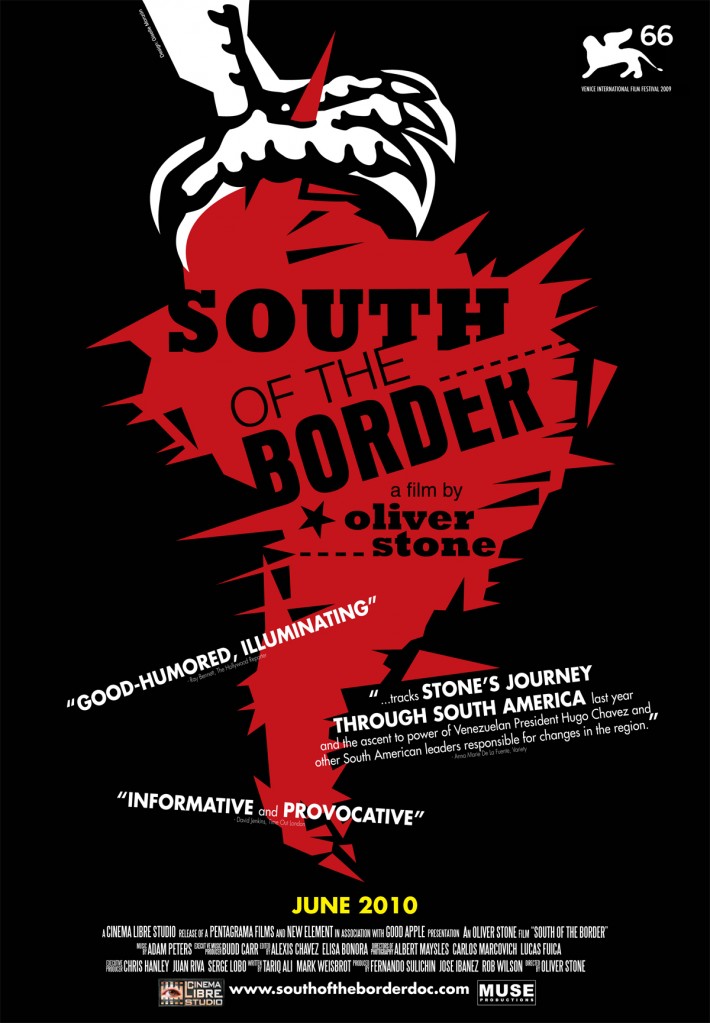On July 1, Mexico holds pivotal nationwide elections. The elections come at a moment of both great internal distress and international pressure.
That is why for the first time in 12 years, Global Exchange is convening two election observationmissions – a pre-electoral mission (recently completed) and election week (June 28 – July 4th).
Join Ted Lewis, Global Exchange Human Rights Director (Wednesday June 6th at 5:30 PM pst) for a Facebook live interview with analysis on the coming election and report back from our pre-electoral observation. We’ll share our impressions from Tamaulipas last month, take your questions and discuss how the coming realignment of power may affect the future of US –Mexico relations.
Violence resulting from the drug war is at an all time high in Mexico, averaging 90 homicides a day so far in 2018. At the same time, the hostility and unpredictability of the Trump administration have put the critical relationship between the US and Mexico in toxic flux.
This is the atmosphere in which voters will choose a new president, 128 members of the Senate, and 500 members of the Chamber of Deputies. And with 30 of 32 states holding local electionssimultaneously they will be choosing more local officials — including eight governors– than in any previous Mexican election.
But what is riveting to the international community on these elections is that at a moment of both deep internal crisis and confrontation with the United States, Mexican voters appears poised to elect a left opposition president for the first time in history.
As the chart below shows, Andrés Manuel López Obrador, the candidate of the Movement of National Regeneration (MORENA) has more than twice the support of his nearest rival. López Obrador, who is running for the third time, has consistently led preference polls and has extended his lead in the now final weeks of the campaign.

Global Exchange has organized ten observation missions in Mexico since 1994, including presidential, mid-term, state, and municipal elections. We have worked with hundreds of observersfrom Mexico, the US, and more than a dozen other countries.
Our observation work is not aligned with the interests of any political party. We do our utmost to uphold the principles of international democratic solidarity and unequivocally support self-determination.
Please join us tomorrow for the live update on Mexico’s elections.
P.S. We look forward to talking with you tomorrow. Please consider making a donation to help us do this dangerous, difficult, and very important work.

